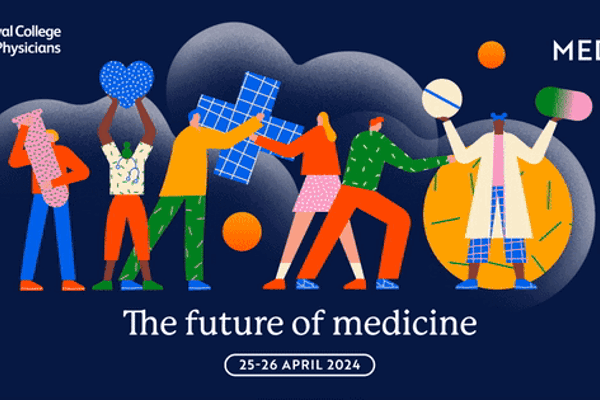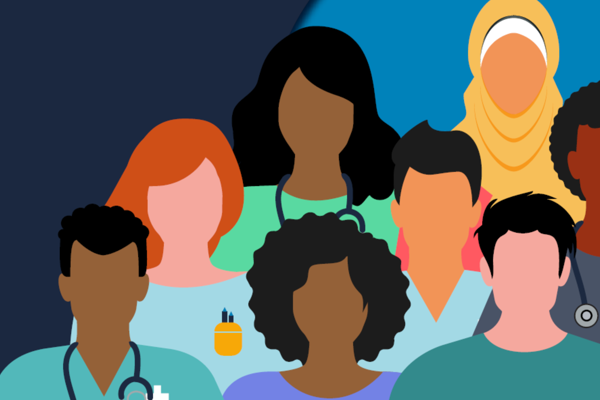This piece is part of a series of blog posts by members of the Inequalities in Health Alliance, highlighting the breadth of health inequalities that exist throughout society. #EverythingAffectsHealth
UK government and public officials have an obligation to realise the ‘right to health’ of all people living here, writes Helen Flynn, head of policy, research and campaigns at Just Fair.
This is because the UK government has signed up to and agreed to be bound by a number of international treaties that provide for the right to health.
International law recognises that the realisation of the right to health is about a lot more than just healthcare – it’s about the food we have, the homes we live in, the work that is available to us and so much more. We believe the cost of living crisis is a human rights issue, with particular impacts for the right to health.
At its most basic, the right to health:
- applies to everyone
- places a duty on the state party (in our case, the UK government) to realise the right
- is about attaining the highest standard possible
- applies to both mental and physical health.
International law makes it clear that the realisation of the right to health cannot be done in isolation, but requires the UK government and public authorities to realise other rights as well (UN Economic and Social Council, 2000):
‘The right to health is closely related to and dependent upon the realization of other human rights, as contained in the International Bill of Rights, including the rights to food, housing, work, education, human dignity, life, non-discrimination, equality, the prohibition against torture, privacy, access to information, and the freedoms of association, assembly and movement. These and other rights and freedoms address integral components of the right to health.’
Human rights, including health, are interdependent and interrelated. If people cannot afford decent housing or to heat their homes sufficiently and if they cannot afford nutritious food, all of these things will have a clear impact upon the health of the population. The statistics around the cost of living crisis are stark. For example:
- The Resolution Foundation noted that the higher energy cap, introduced on 1 April 2022, would see energy costs in England jump by more than 50% overnight, with the average annual bill set to rise from £1,277 to around £2,000.
- The Resolution Foundation has also warned that the monthly inflation peak in spring 2022 could be as high as the 8.4% reached in 1991, and that prices in 2022/23 will be up 7.6% from 2021/22.
- Joseph Rowntree Foundation (JRF) predicts that households on low incomes will be spending on average 18% of their income (after housing costs) on energy bills now. For single adult households on low incomes, this rises to 54%.
- The National Institute of Economic and Social Research has projected that the combined effect of higher prices and higher taxes will lead to a 30% rise in destitution because of the differential impact of inflation upon poorer households.
- The Trussell Trust reports that 62% of working age people referred to food banks in early 2020 were disabled, over three times more than in the general population of working age.
Human rights, including health, are interrelated and interdependent. We cannot allow them to be siloed off to be dealt with separately, but must demand a holistic approach from government to the realisation of the full spectrum of our human rights. Decisions made by government in relation to other rights, such as social security and adequate standard of living, can have a direct impact on the realisation of the right to health and we must use this lens to hold government to account.
The cost of living crisis is a human rights issue.




